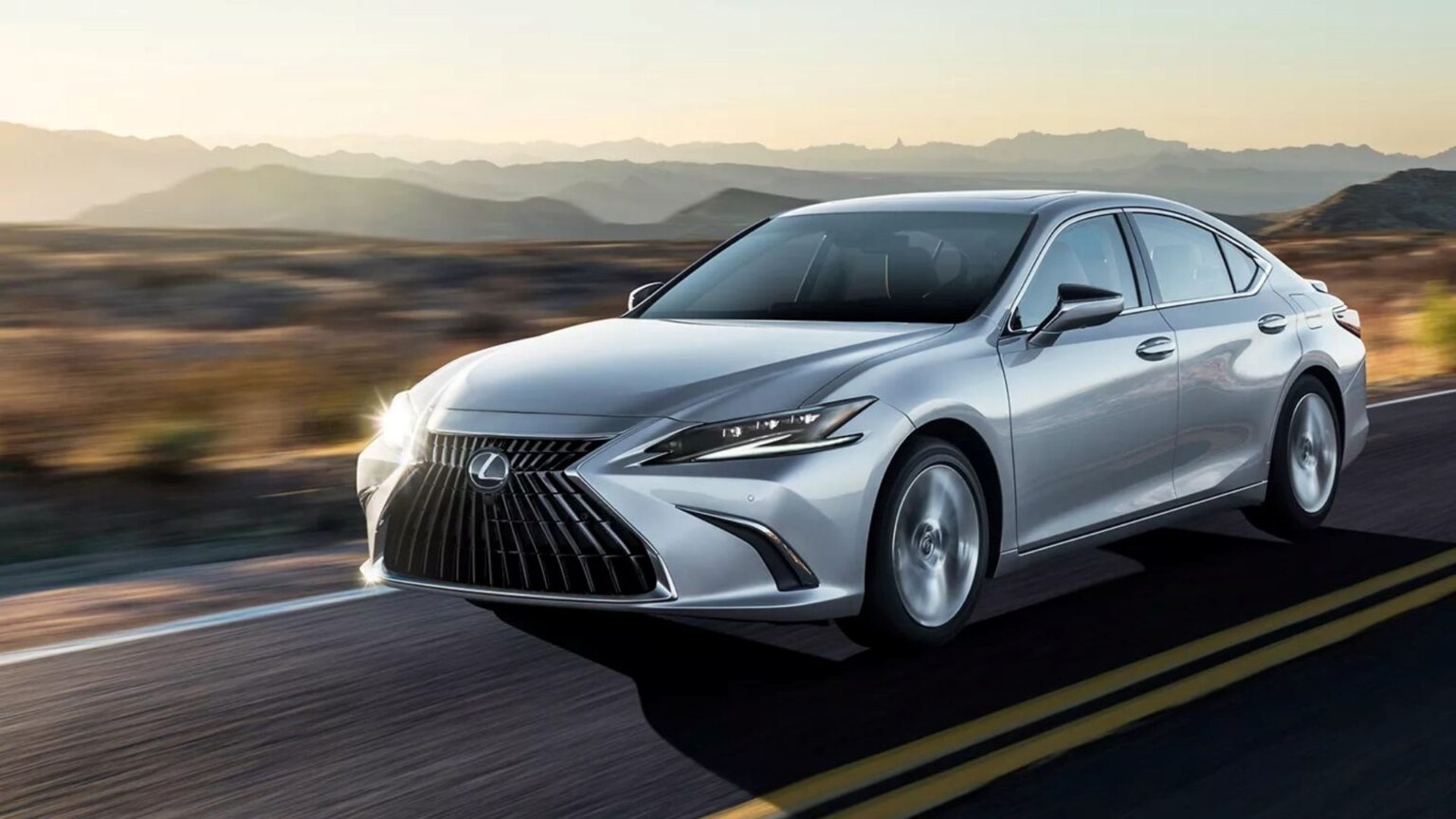While some automakers are throwing launch parties with DJs and neon lights, Lexus is holding court at the country club. According to a new report from S&P Global Mobility, the average Lexus buyer is 57.6 years old—three years older than the average luxury car buyer and nearly four years older than BMW’s clientele. Mercedes-Benz, known for its comfort-first appeal, still manages to skew younger at 55.7. So what is it about Lexus that appeals to older drivers?
So What Gives?
Why Is Lexus Struggling To Sell To Younger Buyers?
The answer might be baked into the brand’s DNA: Lexus has long sold itself on reliability, refinement, and comfort. These are what responsible people look for; a winning combo if you’re replacing your third RX and planning your next cruise. But to buyers under 40—the exact demo fueling Ferrari’s surge of young-money success—Lexus isn’t a “vibe.” However, this wasn’t always the case. At one time, Lexus made at least one completely insane supercar specifically for the youths; The Lexus LFA.
The Tariff Squeeze
If there were ever a time to reshape the Lexus image, it’s now. But Lexus is up against more than just a branding problem. The auto industry is bracing for a new wave of tariffs, and young buyers are already wary of the price tags on anything with four wheels and a roof. Import tariffs could jack up prices on many models, making already-pricey vehicles like the Lexus NX and IS even less attainable for first-time luxury buyers.
And this isn’t just bad news for Lexus; it’s a market-wide warning shot. If cars continue to inch out of reach for middle-income earners, the average buyer will only get older. S&P’s report shows nearly 47 percent of Lexus customers make under $150,000 per year, significantly lower than BMW, whose buyers are wealthier on average. If Lexus can’t capture young professionals before they age into German or other luxury brands, they might never get them at all.
Strong Sales, Shrinking Pipeline
It’s not all gloom for Lexus. The brand posted its best first quarter ever in 2025, with sales up 5.8 percent. That came on the heels of a record-breaking 2024. And the company is doing something right with female buyers: 50.4 percent of Lexus buyers were women, compared to just 40.6 percent across the luxury market. That’s a stat worth celebrating—and one Lexus should absolutely lean into.
TopSpeed’s Take
Still, it’s hard to ignore the gray hair in the room. A brand that relies too heavily on an aging customer base risks stalling out a decade from now. Sales might be strong today, but if Lexus wants to keep pace tomorrow, it needs to start thinking about a buyer who doesn’t remember the first Fast & Furious movie.
At some point, Lexus has to decide: does it want to sell to the next generation, or just the next retirement bracket?
Source: S&P Global Mobility
Read the full article here


